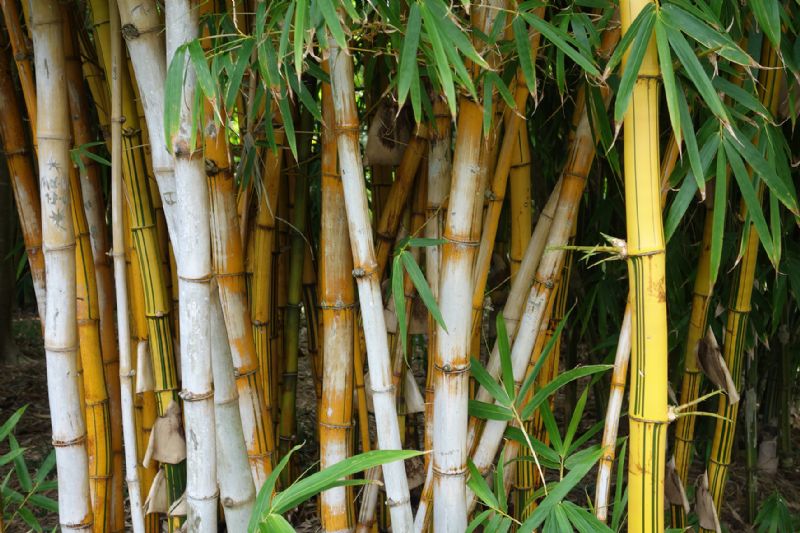- Home
- News, Articles & Reviews
We are hiring! Please click here to join our growing magazine delivery team in Gloucestershire!

Focusing on summer fabrics
All Areas > Health & Beauty > Vintage & Sustainable Fashion
Author: Lynda Rowland, Posted: Wednesday, 25th May 2022, 11:00
When we buy a vintage garment, however it was made and whatever it was made from is firmly rooted in the time of its production. In 2022, it is quite unlikely that a very high percentage of the British population would buy a fur coat, but the questions we now ask about fur and many other fabrics and materials, would rarely have crossed the minds of consumers forty, thirty or even twenty years ago.
With our increasing knowledge of climate change and the impact that our purchases have on the environment, animals and our fellow human beings, we are more and more aware of the moral responsibility we have to make informed choices about what we buy.
One of my favourite films is The Graduate starring Dustin Hoffman. In one scene, as his parents’ friends gather around to give Hoffman’s character Benjamin advice about how to proceed with his life and career now that he has completed his education, a typical brash US businessman is heard to say to the bemused youth, ‘The future, Benjamin, is plastics.’
I often think of this now in the light of the fact that the era of plastic’s domination is one that we want to put in the past in many ways, even just fifty-five years after the making of that iconic film.
Obviously, there is a place for plastic in the world of manufacturing. How would the pandemic have been managed as successfully as it was without PPE and testing kits, which were largely made from forms of plastic? However, there is a difference between producing life-saving medical equipment in the most efficient and cost-effective way, and the mass-production of items that are often luxuries and could be made with less damaging effect by using other materials.
It is important that, where possible, we choose garments and accessories from companies who are working hard to produce their products in the most ethical and sustainable way possible.
Instead of using plastic-based fabrics such as polyester, we could look towards companies which use materials made from naturally occurring substances such as lyocell, which is a fabric made of wood pulp from eucalyptus trees. It is partly synthetic but is mainly composed of natural cellulose fibres and, when sold under the brand name Tencel, is derived only from sustainably managed forests.
Organic cotton, perfect for staying cool in summer, is grown without chemicals and using less water than regular cotton, so has less impact on the planet and ourselves. It is worth checking that any cotton you buy has the organic label.
That good old summer staple linen is a great natural addition to our wardrobes, as it keeps us cool and looks fabulously stylish even with its naturally creased characteristics. Made from the flax plant, linen is a great warm-weather choice for anything from shirts to trousers to jackets and will take you from a casual barbeque to Wimbledon or Henley Regatta.
Unlike some crops, bamboo can be harvested without killing the plant itself, which means it is highly sustainable. It is important to seek out organic bamboo, as some bamboo products on the market may have been mixed with synthetics in order to produce rayon or viscose fabrics.
Like organic bamboo, hemp fabric is considered to be a carbon-negative raw material as, whilst growing, it absorbs CO2 from the atmosphere. Both hemp and bamboo do not require a lot of input in the growing stage as the rainfall they experience naturally is usually enough to sustain them.
These fabrics are some of the most sustainable and eco-friendly we have available to us and, if you are aiming for a more conscious and ethical summer wardrobe, why not put them on your shopping list now? If they seem slightly more pricey, just buy fewer, take care of them and keep them longer!Other Images
Copyright © 2026 The Local Answer Limited.
Unauthorized use and/or duplication of this material without express and written permission from this site's author and/or owner is strictly prohibited. Excerpts and links may be used, provided that full and clear credit is given to The Local Answer Limited and thelocalanswer.co.uk with appropriate and specific direction to the original content.More articles you may be interested in...


© 2026 The Local Answer Limited - Registered in England and Wales - Company No. 06929408
Unit H, Churchill Industrial Estate, Churchill Road, Leckhampton, Cheltenham, GL53 7EG - VAT Registration No. 975613000You are leaving the TLA website...
You are now leaving the TLA website and are going to a website that is not operated by us. The Local Answer are not responsible for the content or availability of linked sites, and cannot accept liability if the linked site has been compromised and contains unsuitable images or other content. If you wish to proceed, please click the "Continue" button below:




